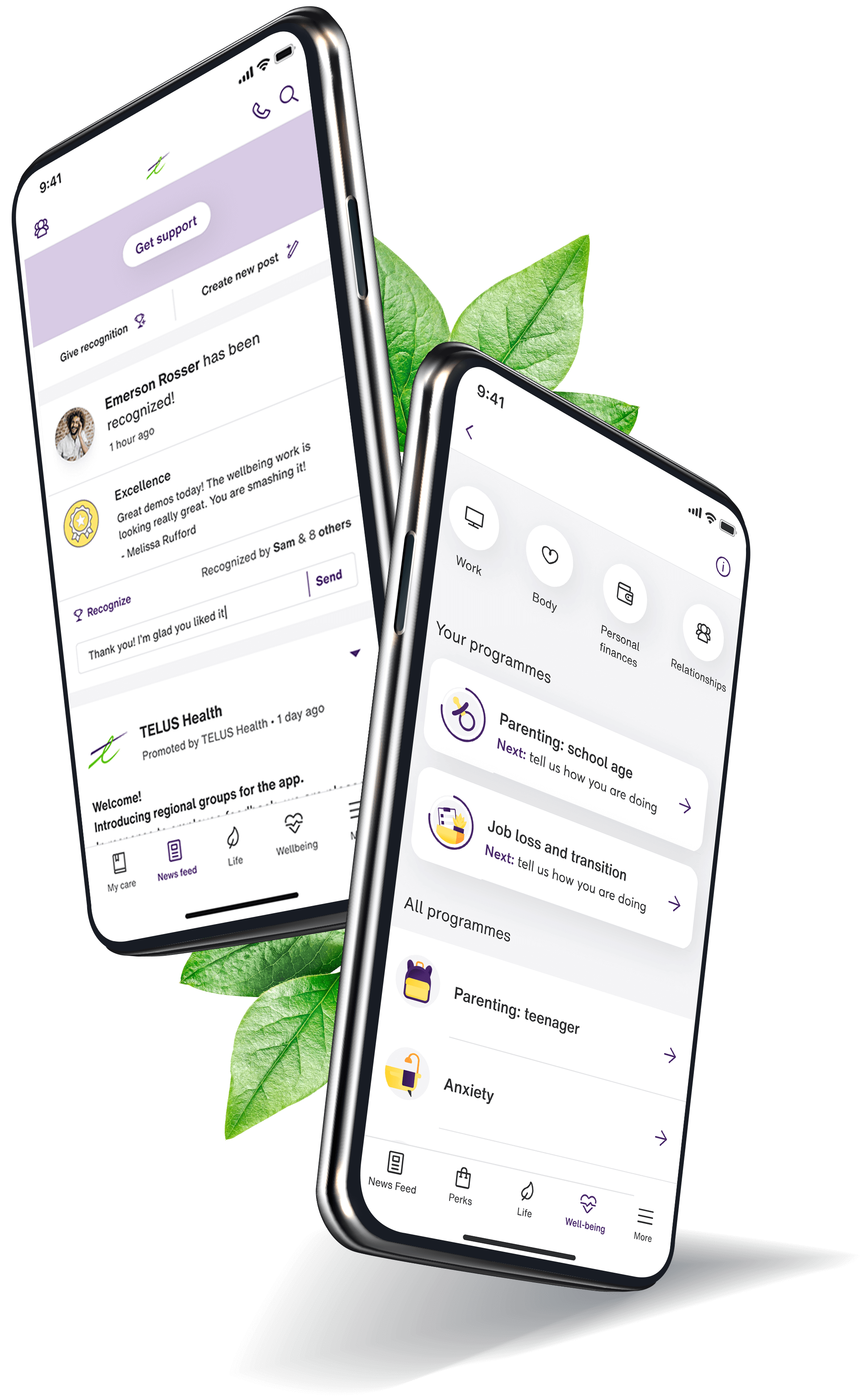Ten tips for getting a good night's sleep
Sleep difficulties can take a toll on your health and wellbeing, especially if they persist. People who are sleep-deprived are more likely to experience poor concentration and irritability, have accidents, and even suffer from anxiety or depression, according to the Division of Sleep Medicine at Harvard Medical School.
Here are 10 helpful sleep reminders:
-
Go to bed and get up at the same time every day. A predictable schedule sets your body’s internal clock to expect to sleep at a certain time each night.
-
Create a sleep routine. Ease the transition to sleep by engaging in relaxing activities beginning an hour or so before bedtime. You could have a bath, do some light reading, or listen to soothing music.
-
Get regular exercise, but not during the three hours before bedtime. Daily exercise can help you get to sleep faster and sleep better. However, since exercise stimulates your body’s secretion of the hormone cortisol, which promotes alertness, avoid exercising in the three hours before bedtime.
-
Limit caffeine, alcohol, nicotine, and other substances that may keep you awake. Stay away from these when it’s close to bedtime and limit any consumption of caffeine to four to six hours before you want to fall asleep.
-
Watch what—and when—you eat at night. Finish your evening meal several hours before you go to bed and avoid food that you know upsets your stomach and could keep you awake.
-
Make your bedroom a comfortable environment for sleeping. It should be cool, dark, and quiet.
-
Deal with stressful tasks earlier in the day or evening. It may be harder to relax and go to sleep if you engage in demanding tasks, like paying bills or dealing with a difficult parenting issue, just before bedtime.
-
Don’t watch the clock. Keeping an eye on the clock when you want to fall asleep (or when you wake up in the middle of the night) can increase stress and make it harder to sleep. Turn your alarm clock’s face away from the bed. If you use a phone alarm, set your phone face down.
-
Limit electronics at bedtime. Be careful about television, radio, and computer activities just before bed, as they may be overly stimulating, particularly due to the blue light (blue wavelengths) that electronic devices emit. If you watch television to unwind, remember that potentially disturbing programmes, such as news reports or crime shows, can make it hard to fall asleep. Have a last check-in time for email, texts, social media, and other online activities—then turn your devices off. Don’t bring your tablet, phone, or other electronics to bed.
-
If you can’t get to sleep within 20 minutes of going to bed or if you wake up in the middle of the night and can’t get back to sleep you could keep a diary near your bed to jot down the tasks or worries that are keeping you awake. Or, get up and do something relaxing until you feel sleepy again. Try reading or listening to soothing music. Or learn a few mindfulness meditation techniques you can use when it happens. Just remember to keep the lights dim so that you don’t signal your body that it’s time to wake up.
© TELUS Health 2025
TELUS Health Wellbeing Experts


